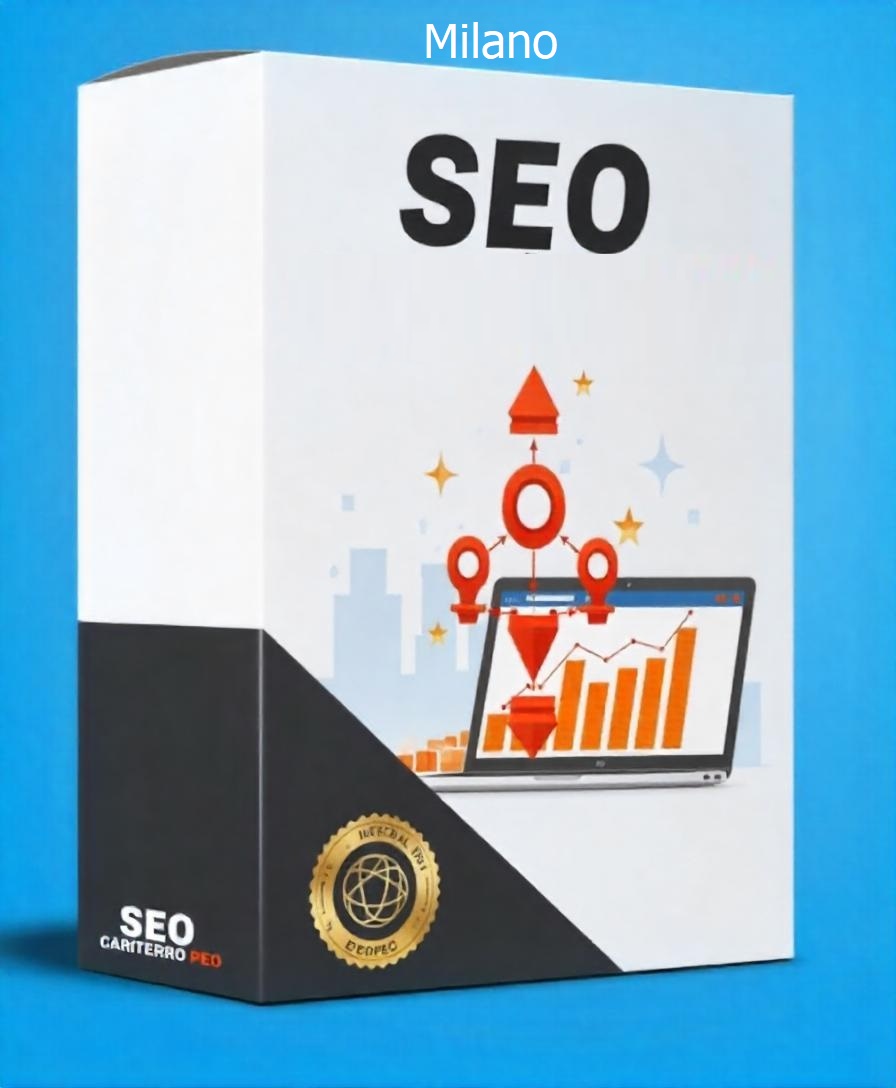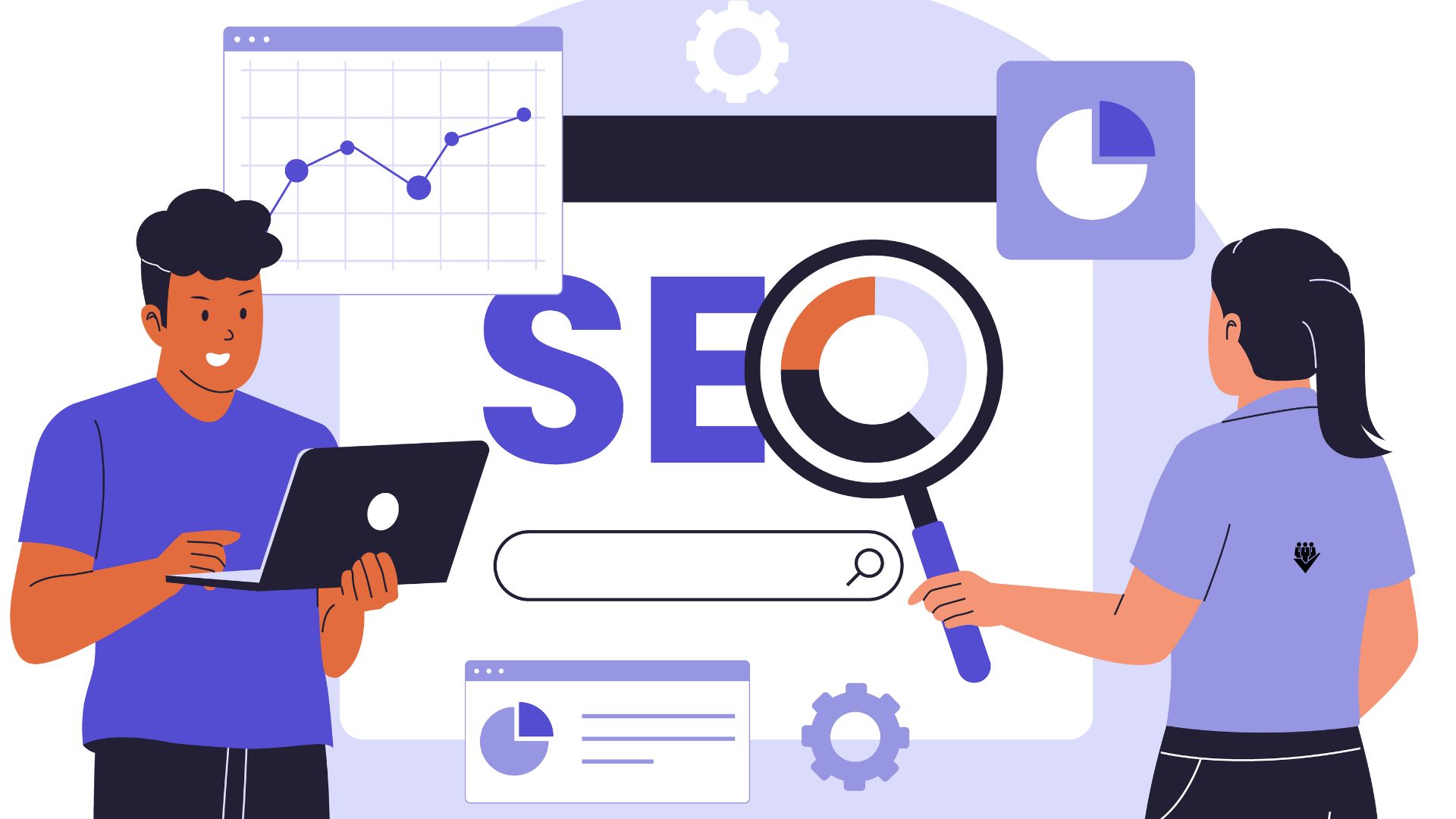The Shift in Public Opinion: The Influence of Social Media vs Traditional Media
The battle between social media and traditional media is reshaping the information landscape. The unstoppable rise of social networks has fueled a clash of opinions.
It’s shaping perceptions and setting trends. The power of social media in shaping public discussions is no joke.
Let’s dive in and compare these two heavyweights-social media vs traditional media. Let’s explore their roles, reach, impact, and how they shape public opinion in our society.
Let the battle begin!
Speed and Reach
Traditional media services rely on long-established mediums. It includes newspapers, radio, and TV broadcasts to distribute information.
These channels still hold immense media influence today. But they have lost ground to fast-moving giants of the digital domain.
Popular social media platforms include Facebook, Twitter, Instagram, and YouTube. They allow for real-time communication.
It also disregards geographical barriers. It enables information dissemination at lightning speed.
Gatekeeping and Curation
Traditional media sources show more professionalism and credibility. It was once regarded as the gatekeeper of information. They monopolized what we read, watched, or listened to.
Social media impact has disrupted this model. It allows anyone with an internet connection to publish content.
Social media now has over 4 billion users across various social networks. These platforms are now the new gatekeepers for disseminating information.
Interactivity and Engagement
Unlike traditional media, social media is all about interaction. Social networks provide users with the opportunity to share their opinions. It also allows them to connect with others and engage in conversations on various topics.
This kind of interactivity allows for a more dynamic exchange of ideas. It encourages public participation in discussions. Traditional media sources once dominated this area.
The power of social media lies in its ability to mobilize and unite individuals. It allows the audience to work towards shared causes or beliefs.
Trust and Credibility
Trust and credibility are the most significant factors that shape public opinion. Traditional media outlets represented establishments with known biases. This limited their influence by their political affiliations.
But, social media is often a true representation of public sentiment. The democratic nature of these platforms makes them more credible in shaping opinions. Social media reflects the diverse voices of society.
Targeted Messaging
Traditional media sources still have the upper hand in audience reach and impact. But, social media offers a unique advantage. It enables targeted messaging to specific groups or individuals.
Social media comes with advanced algorithms and user data analysis. Social networks can tailor content to users’ interests, beliefs, attitudes, and behaviors. This allows for effective communication that resonates with its audience.
Data Mining and Privacy
Social media was once accused of mining user data to create profiles. This kind of invasive practice threatens the privacy of users. This leads to growing concerns about how much personal information is being shared.
Traditional media does not rely on collecting user data. They do not have online platforms that need signing up. They don’t need their audience to share personal information.
Social Media vs Traditional Media – Shaping the Future of Influence
The evolution of social media vs traditional media highlights the importance of adaptability. Traditional media offers credibility and wide reach. Social media challenges the status quo with its speed and interactivity.
Despite privacy concerns, social media’s influence on public opinion grows. Media literacy is crucial, discerning credible sources and acknowledging biases.
The future will likely see a blend of social and traditional media. Complementing each other’s strengths and weaknesses.
Explore our captivating blog for a myriad of intriguing articles and captivating reads.
Mike Farrier possesses over 18 years of hands-on experience in software and web development, SEO, social media marketing, eCommerce, and digital marketing. He has been active in the online domain since 2019, serving as a seasoned SEO and digital marketing consultant.
Recommended For You
Navigating the Era of AI and Search Generative Experiences For over two decades, the world of Search Engine Optimization has
In today’s highly competitive digital landscape, appearing on the first page of Google can determine whether a business thrives or
In the vast universe of multimedia, filenames like vlcsnap-2025-05-17-12h54m52s484.png may seem cryptic at first glance. However, for professionals and hobbyists
Browse by Category
- Travel
- Technology & Gadgets
- Sports & Games
- Software
- Shopping
- Reviews
- Real Estate
- Numerology
- News
- Make Money
- Lifestyle
- Law
- Home Improvement
- Health
- Gardening
- Games
- Finance
- Entertainment
- Education
- Digital Marketing
- Diet and Fitness
- Dating
- Construction
- Celebrity
- Career and Jobs
- Business
- blog
- Angel Number





